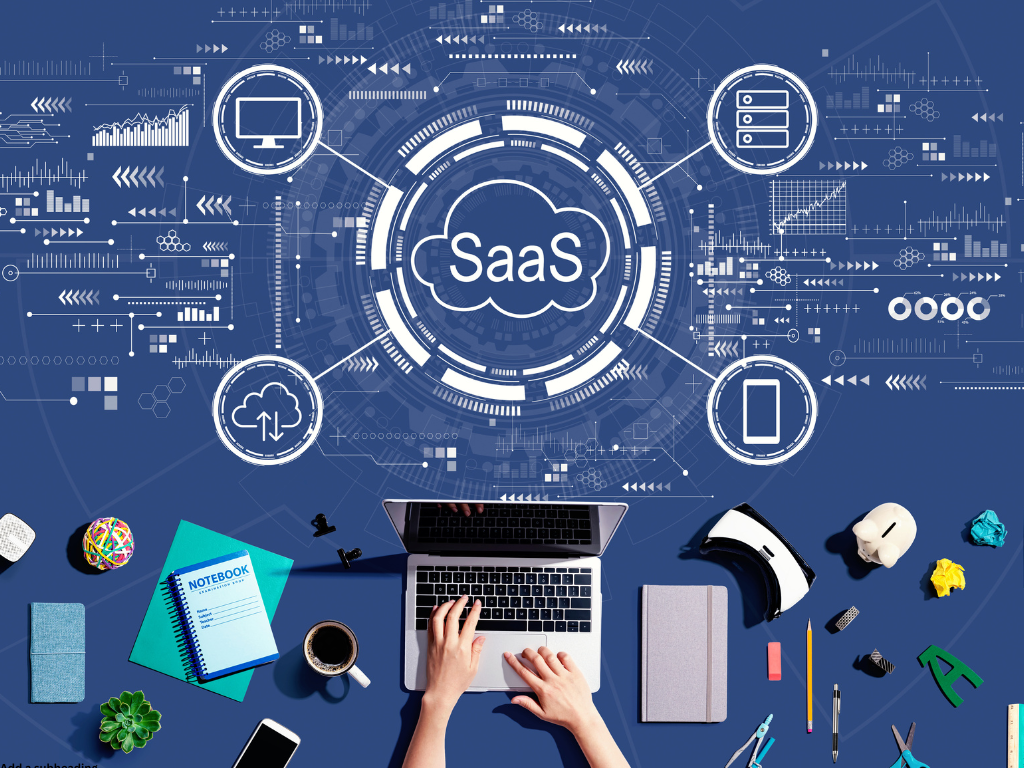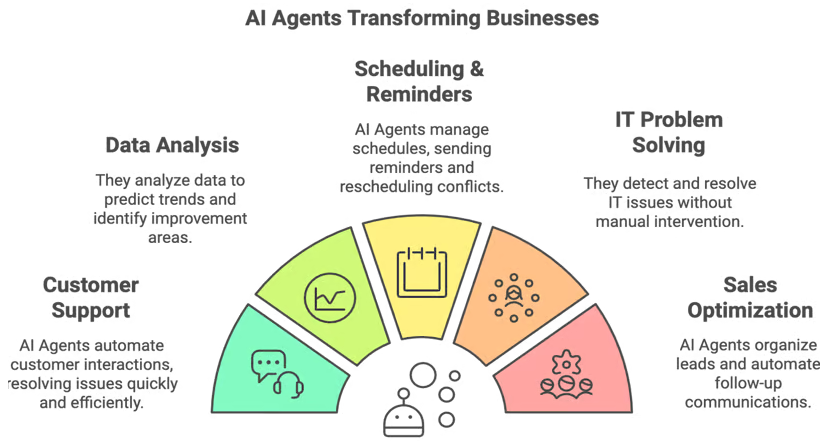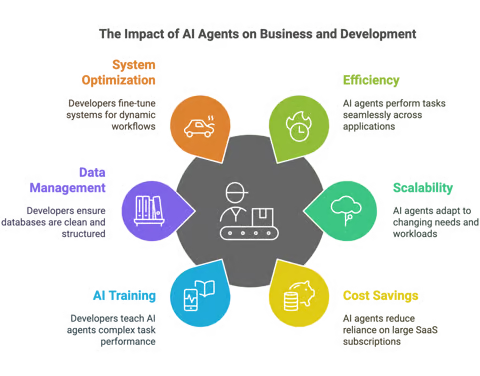
Wilton Rogers
March 28, 2025
The software industry is on the verge of a major shift—one that signals the potential end of SaaS as we know it. Microsoft CEO Satya Nadella envisions a future where AI agents replace traditional applications and SaaS platforms entirely.
These intelligent systems promise to eliminate static interfaces and rigid workflows, creating a more seamless and intuitive way to work.
In this blog, we’ll unpack Nadella’s vision, explore how AI agents operate, and discuss what this transformation means for businesses, developers, and the future of technology.
The Shift
Imagine a world where clunky software interfaces, hours spent learning new applications, and rigid workflows are replaced by seamless, intuitive interactions. Microsoft CEO Satya Nadella envisions exactly this future, a world where AI agents take center stage, replacing traditional software applications and even the dominant Software as a Service (SaaS) model.
This shift is not a distant possibility; it’s a rapidly approaching reality driven by advancements in artificial intelligence. Here’s what this transformation means for businesses, developers, and the way we interact with technology.

AI agents are intelligent systems capable of dynamically interacting with databases and executing tasks. Unlike traditional software, which relies on fixed user interfaces and workflows, AI agents adapt to user needs and work without requiring extensive reprogramming or application layers.
Customer Data Management: Instead of navigating a complex CRM system, an AI agent could retrieve customer insights, analyze trends, and generate actionable reports in seconds.
Workflow Automation: Tasks that once required multiple apps can now be seamlessly handled by AI agents working directly with backend systems.
This approach eliminates the need for predefined application layers, offering flexibility and simplicity that static software cannot match.
SaaS platforms revolutionized the software industry by providing user-friendly tools delivered over the internet. However, they still rely on static designs and predefined workflows. AI agents represent the next evolution, bypassing these limitations entirely.

This disruption could render traditional SaaS platforms less relevant, pushing the industry toward more dynamic, AI-driven solutions.
For businesses, the rise of AI agents means streamlined operations and optimized infrastructure. By directly interacting with multiple databases, AI agents eliminate the need for complex integrations and reduce operational inefficiencies.

Efficiency: Perform tasks without switching between applications.
Scalability: Adapt quickly to changing needs and workloads.
Cost Savings: Reduce reliance on large SaaS subscriptions.
Companies embracing AI agents early will gain a competitive edge, positioning themselves for greater innovation and growth.
The shift to AI agents is not just about technology; it’s also about redefining the role of developers. Instead of building static applications, developers will focus on training AI models and optimizing how they interact with data.
AI Training: Teaching AI agents to perform complex tasks.
Data Management: Ensuring clean, structured databases for optimal performance.
System Optimization: Fine-tuning backend systems to support dynamic workflows.
This evolution will foster a more creative and strategic development environment, allowing developers to focus on innovation rather than repetitive coding tasks.
Microsoft is at the forefront of this transformation with tools like Copilot and other AI-native applications. These innovations are not just enhancing productivity; they are reshaping the industry by demonstrating the practical potential of AI agents in real-world scenarios.
Copilot: Assisting users with tasks across platforms.
AI-Native Tools: Introducing systems designed from the ground up for AI integration.
Microsoft’s efforts signal a broader industry movement, highlighting the importance of adapting to this new era.
The end of SaaS as we know it is not the end of technology it’s the beginning of a smarter, more intuitive age. Businesses, developers, and users must embrace this shift to remain relevant and competitive. Whether it’s by integrating AI agents into workflows or acquiring new skills, preparation is key to thriving in this AI-driven world.
As Satya Nadella stated, this future is closer than we think. Are you ready to unlock the potential of AI agents and redefine how you interact with technology?
© 2024 ScaleThroguhAutomation, All right reserved.
One Response